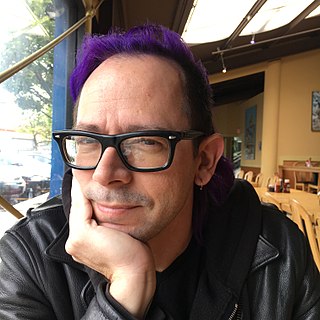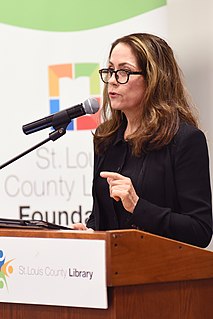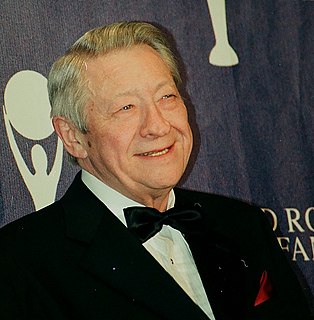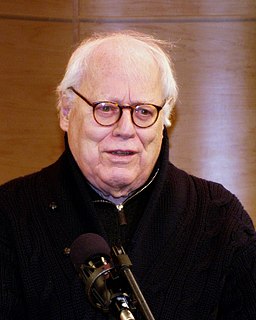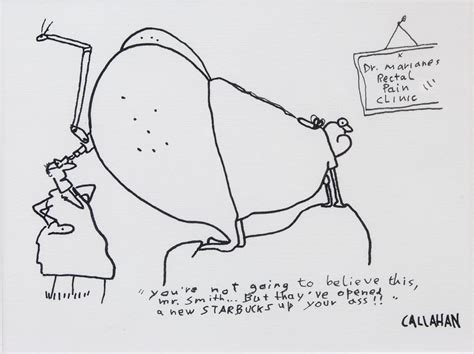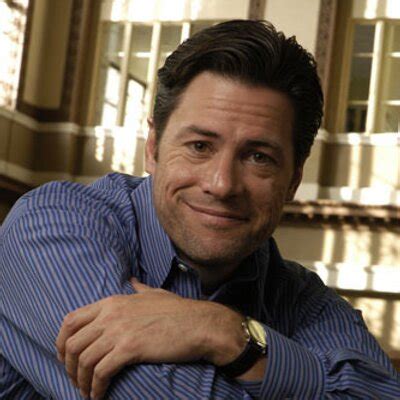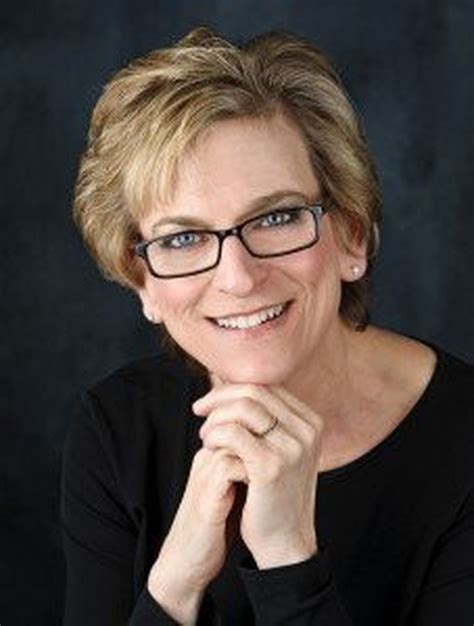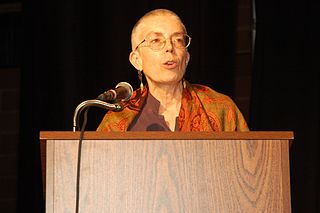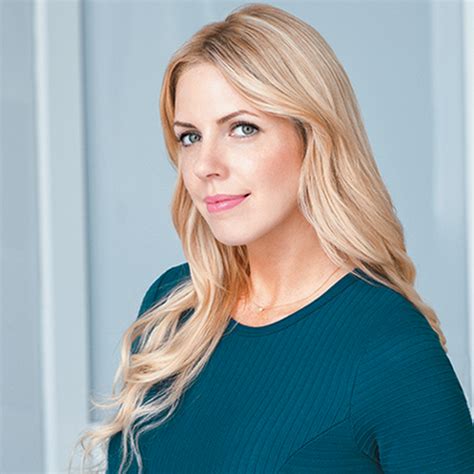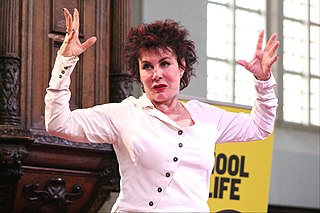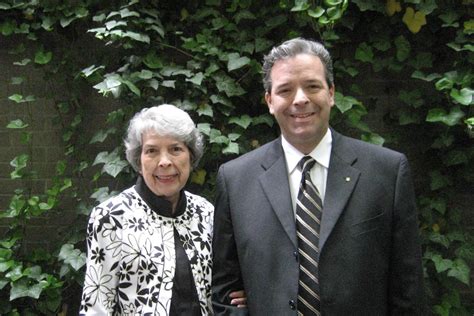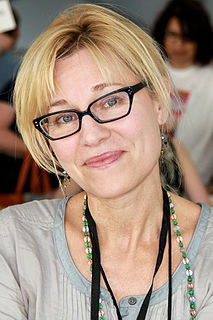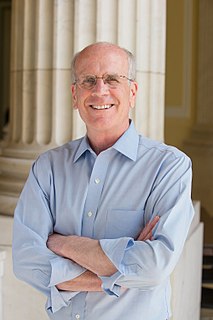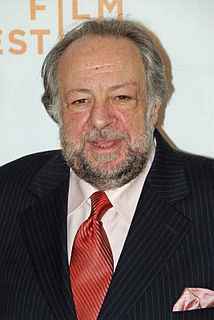Top 127 Bookstores Quotes & Sayings - Page 2
Explore popular Bookstores quotes.
Last updated on December 22, 2024.
My parents didn't know much science; in fact, they didn't know science at all. But they could recognize a science book when they saw it, and they spent a lot of time at bookstores, combing the remainder tables for science books to buy for me. I had one of the biggest libraries of any kid in school, built on books that cost 50 cents or a dollar.
Please just look at those Indonesian cities: Jakarta, Surabaya, Medan... are there any other cities on earth, of that size, with such an absolute chronic lack of culture, and institutions that are supposed to make people think? Like theatres, archives, grand libraries, concert halls, art cinemas, progressive bookstores... There is nothing here.
For the mind and the imagination, bookstores aren't enough, college courses aren't enough, the Internet isn't enough. Those resources are all governed by the tastes and needs of the moment. Only libraries take the long view, quietly shelving the unused with the used, knowing that one of these days the two categories will be reversed by a student's discovery of those hitherto undisturbed volumes whose contents will unsettle the learned world.
I feel like today's culture seeks at every turn to place more and more power in the hands of the individual. Bookstores are lined with shelves filled with self-help books. Facebook, Twitter, Instagram, and every other social media outlets turn our focus inwards, allowing us to fall more and more in love with ourselves, our thoughts, our opinions, our voices.
I had some very, very fond memories of the people I worked with and the authors I worked with - and I won't mention any names - but as I have been traveling through rural Maine over the past few weeks, one of my favorite things to do is to go into bookstores on the side of rural routes and paw through the old copies of Tom Clancy and Trevanian books they have in there for weird old 1970s thrillers that I haven't read yet.
I think if you come from where I came from and where I have always been, I've always been reaching out and whether it's talking with our neighbors or going shopping or standing, talking to people in these bookstores and hearing what's on their minds, or even the work I did for eight years as a senator to bring new jobs to New York and stand up for the people I represented.
Once he entered my life, I promptly forgot all my years of putting on a brave face while browsing at bookstores until closing time, and of having one, two, three beers while watching crime shows and CNN. I completely forgot the hateful sensation of loneliness, like thirst and hunger together pressing on my stomach.
Culture has to be constantly on the vanguard, too. It should be educating people, as it does in Latin America: thousands of great theatres, art cinemas, millions of free books distributed by the governments, public poetry readings, free public lectures, and all sorts of bookstores are open until early mornings, exhibitions reacting to the needs and sorrows of society, concerts of engaged music.
I had relatives in New York City who I stayed with. And in those days, the area from Union Square down Fourth Avenue had small bookstores, many of which were run by Spanish immigrants who'd fled after [Francisco] Franco's victory. I spent time in them, and also in the offices of Freie Arbeiter Stimme (Free Worker's Voice) with anarchists. I picked up a lot of material and talked to people, and it became a major influence.
It's like so great to be in Toronto and to see everything that's in the books and everything they reference and to be able to hang out in those places and go to those bookstores and those comic book stores and those music stores, and like have that, from the books onto the screen, is so cool and I'm glad to have been part of that.
I sometimes have the sense that I live my life as a writer with my nose pressed against the wide, shiny plate glass window of the"mainstream" culture. The world seems full of straight, large-circulation, slick periodicals which wouldn't think of reviewing my book and bookstores which will never order it.
As for whether genre considerations influence what I write, they don't at all, but I might sell more books if they did. The Night Journal is a hodge-podge of historical fiction, western, mystery, and contemporary domestic drama. It doesn't settle into a specific market, reviewers have a hard time describing it, and sometimes it gets classified weirdly in bookstores. But from a writer's standpoint, I like that it's hard to categorize.
I represent a rural state and live in a small town. Small merchants make up the majority of Vermont's small businesses and thread our state together. It is the mom-and-pop grocers, farm-supply stores, coffee shops, bookstores and barber shops where Vermonters connect, conduct business and check in on one another.
Sitting with a deck of cards in your hand all day is an obsession. Visiting print shops and bookstores and libraries is an obsession. And writing about this is an obsession. I think, in general, most collectors are obsessed. I think the only form of a rationalized greed is when you're collecting something you are supposedly serious about.





